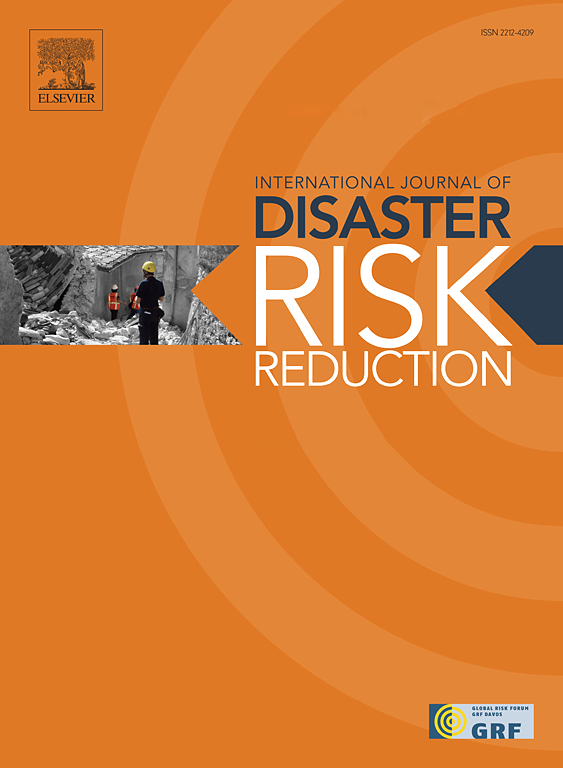Published online: May 2021
Authors: Divya Gupta, Harry Fischer, Suchita Shrestha, Syed Shoaib Ali, Ashwini Chhatre, Kamal Devkota, Forrest Fleischman, Dil B. Khatri, Pushpendra Rana
Available at: https://doi.org/10.1016/j.worlddev.2020.105370
Abstract
The global COVID-19 pandemic has brought unprecedented disruption to lives and livelihoods around the world. These disruptions have brought into sharp focus experiences of vulnerability but also, at times, evidence of resilience as people and institutions gear up to respond to the crisis. Drawing on intensive qualitative enquiry in 16 villages of Himalayan India and Nepal, this paper documents both dark and bright spots from the early days of the pandemic. We find intense experiences of fear and uncertainty, heightened food insecurity, and drastic reductions in livelihood opportunities. However, we also find a wide range of individual and collective responses as well as a patchwork of policy support mechanisms that have provided at least some measure of basic security. Local elected governments have played a critical role in coordinating responses and delivering social support, however the nature of their actions varies as a result of different institutional arrangements and state support systems in the two countries. Our findings highlight the changing nature of vulnerability in the present era, as demographic shifts, growing off-farm employment and dependence on remittances, and increasing market integration have all brought about new kinds of exposure to risk for rural populations in the context of the present disruption and beyond. Most importantly, our research shows the critical importance of strong systems of state support for protecting basic well-being in times of crises. Based on these findings, we argue that there is a need for greater knowledge of how local institutions work in tandem with a broader set of state support mechanisms to generate responses for urgent challenges; such knowledge holds the potential to develop governance systems that are better able to confront diverse shocks that households face, both now and in the future.







